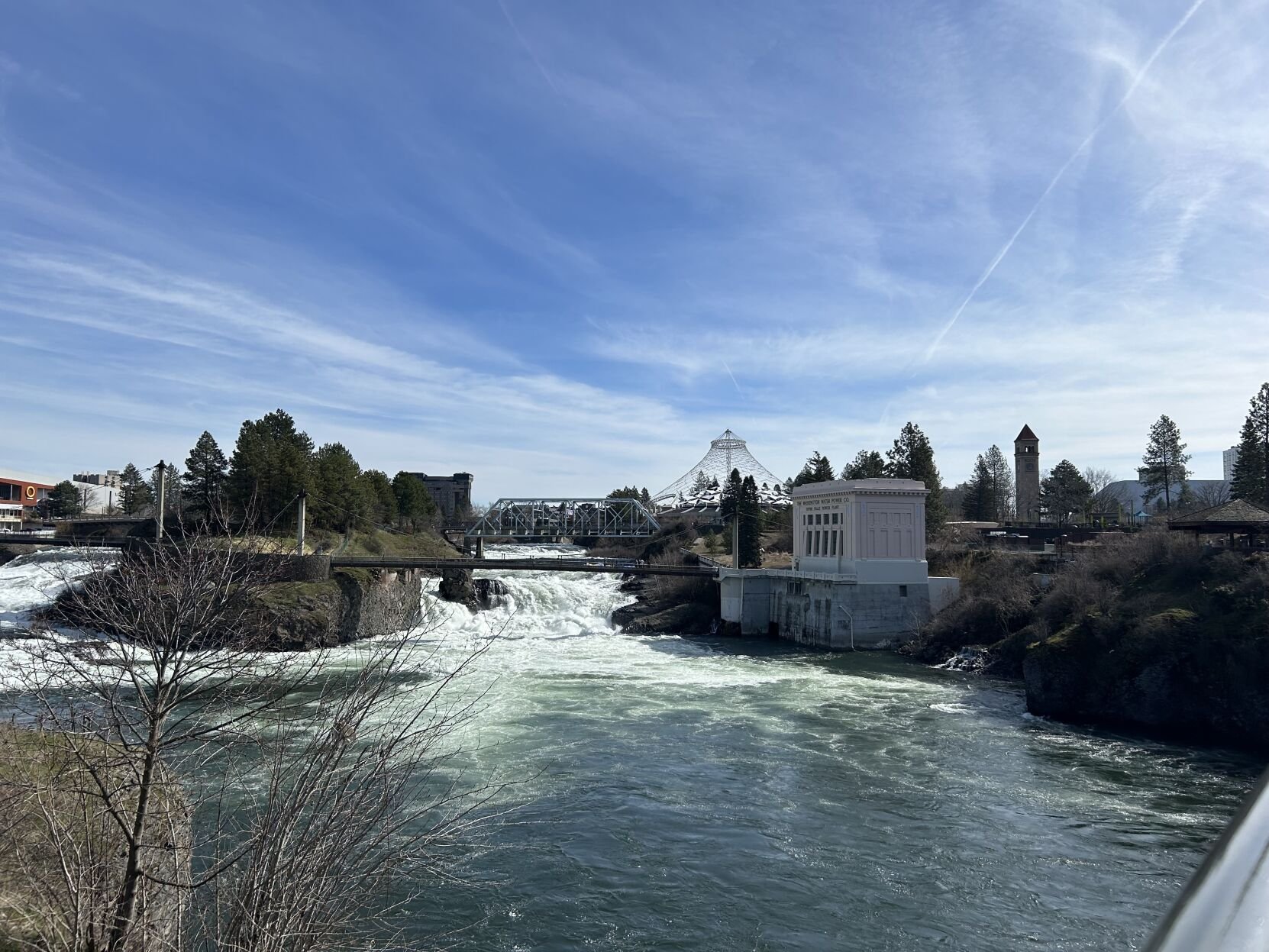SPOKANE, Wash. — As many look forward to the warmer weather, the City of Spokane is planning ahead for potentially extreme weather by asking residents about their biggest climate change concerns.
In a recent survey by the city, over 60% of people said extreme heat and wildfire smoke were their top climate-related worries, while over 40% said extreme cold.
The survey also found that lower-income residents, those making $28,000 or less, are especially impacted by extreme weather.
“Everyone is affected by extreme weather, but those with fewer resources are often hit the hardest,” said Brian G. Henning, Director of the Gonzaga Institute for Climate, Water, and the Environment. “We need to figure out how to better support these people.”
The survey also showed that some neighborhoods in Spokane are more vulnerable to extreme weather due to a lack of trees.
Areas like Hillyard and East Central Spokane experience higher temperatures because of something called ‘urban heat islands,’ where the lack of shade causes the area to get much hotter.
“Some neighborhoods are much warmer because they don’t have as many trees,” Henning said. “This is helping us figure out where we need to plant trees and where to place community centers that can provide shelter from the heat.”
The city plans to use these findings in its comprehensive plan, which will look at how Spokane can adapt to extreme weather and reduce the impact on those most affected.
Spencer Gardner, director of Planning Services, said the goal is to make sure Spokane is ready for extreme weather events.
“We want to make sure we can keep functioning during these extreme weather events,” Gardner said. “We also need to consider how certain households are more burdened by these challenges, while others have the resources to better protect themselves.”
Henning said the city is already using the survey data to help decide where to plant trees and where to put cooling and warming centers to help those in need.
“The city is using this information to plant trees in neighborhoods that need it most,” Henning said.
The city is still collecting feedback from the public. To share you’re input, visit the city’s climate planning website.
COPYRIGHT 2025 BY KXLY. ALL RIGHTS RESERVED. THIS MATERIAL MAY NOT BE PUBLISHED, BROADCAST, REWRITTEN OR REDISTRIBUTED.


